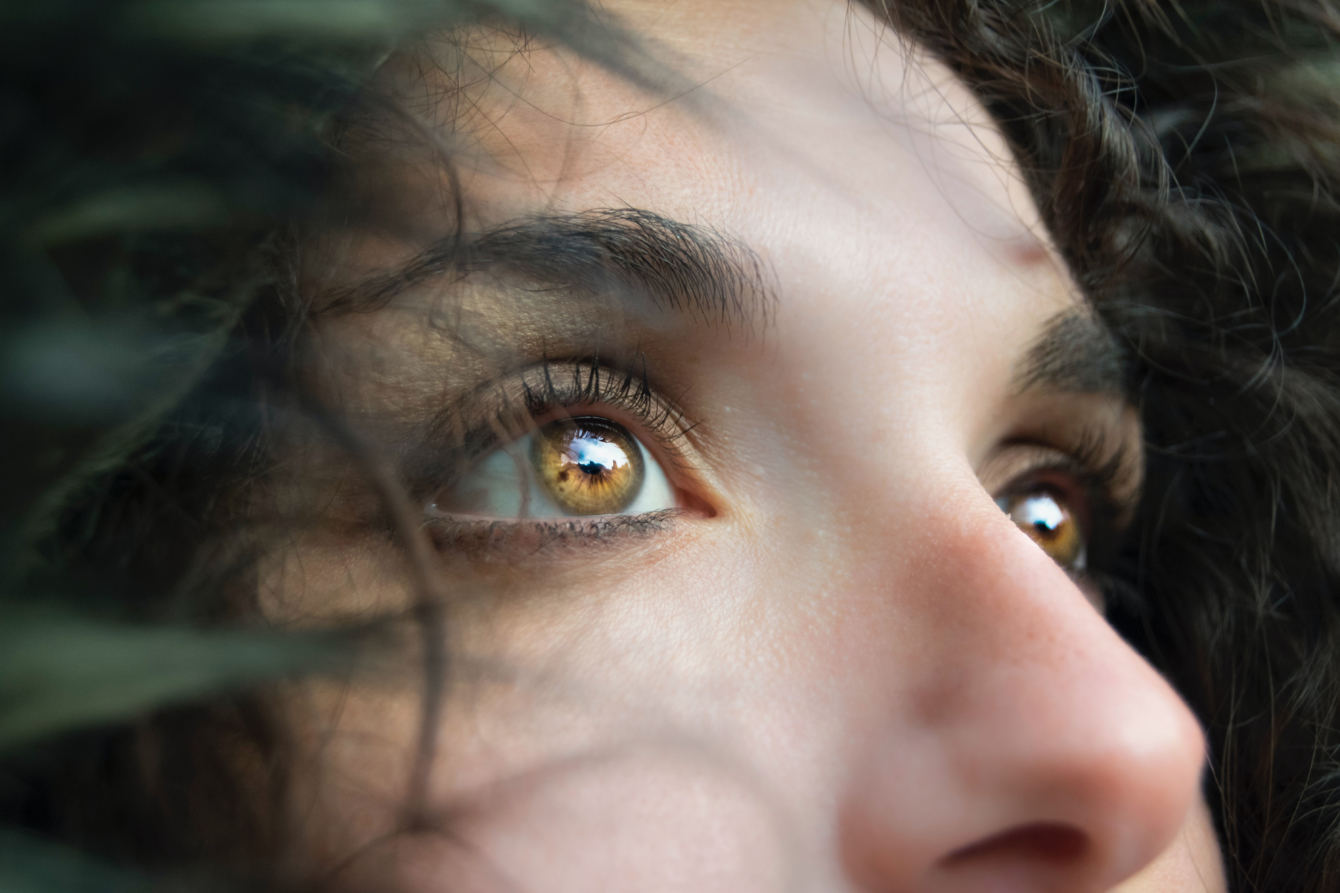Nutrition for Eye Health

With more time than ever spent on Zoom, scrolling on our phones, and taking in TV glare; this lockdown take care of your eye health with these simple nutrition and lifestyle tips:
Vitamin A
Remember the saying “eat your carrots so you can see in the dark?” Well there was a good reason for it. Carrots, and most other orange fruits and veggies contain beta-carotene – a form of vitamin A which is important for eye health. Vitamin A deficiency is one of the common causes of blindness globally.
There are two forms of vitamin A; Retinol and Beta Carotene. Retinol can be found in animal foods such as liver, egg yolks, beef and dairy, oh and of course your retinol face cream (not for consumption however!). Beta-carotene is found in orange fruits and veg such as pumpkin, butternut squash and also greens such as kale and spinach.
Make a morning omelette with spinach and butternut squash to boost your intake of Vitamin A.
Lutein and Zeaxanthin
Sounds like something out of X-Men I know, but these two are carotenoid antioxidants that are found in concentrated amounts in the retina. Dietary intake of these antioxidants has been shown to improve pigment density in the eye.
The good news is they are often found together in foods. Top-up your spinach, kale, peas, pistachios and egg yolks!-
Omega-3
Omega-3 fatty acids play a role in reducing inflammation, brain health, nervous system function, hormone balance, cardiovascular health and eye health.
Omega-3’s can be tricky to obtain in the diet, and in particular DHA. Focus on oily fish such as salmon, mackerel and herring and plant based sources such as flaxseed oil.
Vitamin C
Vitamin C is a powerful antioxidant that plays a role in protecting your eyes and supporting the production of collagen; a protein that plays a role in the structure of the eye. Observational studies have also shown that good amounts of vitamin C intake can help to reduce the likelihood of developing cataracts. [2]
Our bodies cannot produce vitamin C so we must rely on it from our diet. Enjoy brussel sprouts this winter! Along with red peppers, broccoli, tomatoes and citrus fruits.
Screen time
While we can focus on our diet being top notch, our lifestyle habits, and in particular our screen usage can take its toll on our eye health. Try to limit screen time in the evenings to prevent the glare straining your eyes and download blue light blocking filters. Notice your eye site is going a bit funny from all the Zooms? Don’t ignore this. Make sure to check your vision with a specialist.
Screen location
With the new WFH norm we might be spending more time using smaller screens and laptops. If your screen is lower than usual then this might be straining your eyes. The light pumped up to the max? This too. Keep your computer to within 20-24 inches from your eyes and make sure your screen is just below your eye line – this will help with your posture too.
[1] https://iovs.arvojournals.org/article.aspx?articleid=2188773